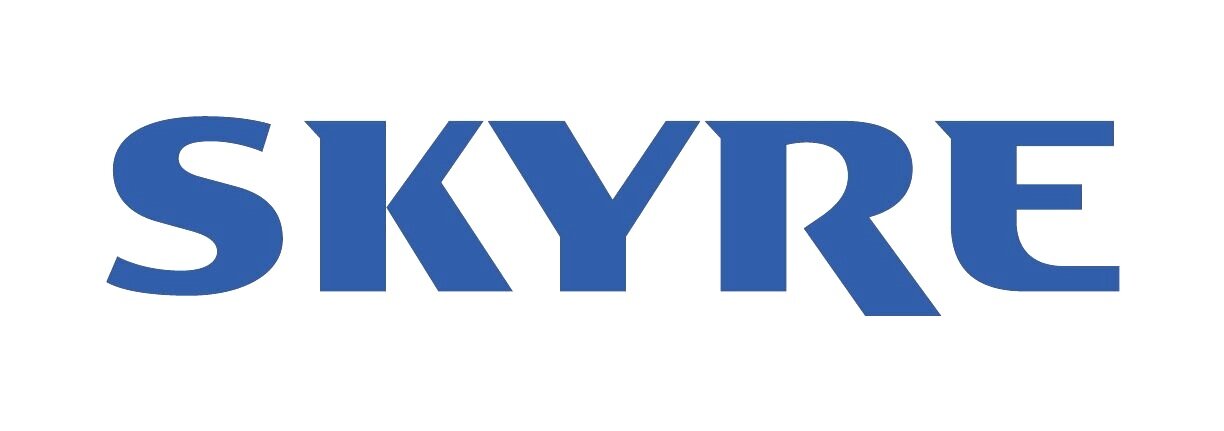SKYRE CEO Dr. Trent Molter Talks Hydrogen, Emission Reduction, and Starting a Company from your Garage
Tell us about your background in green energy solutions. Have you always been interested in hydrogen compression and recycling?
I began my career in aerospace. Shortly after I started, management came to me and asked if I wanted to work on fuel cells. I had no idea what fuel cells were, but I said sure, it sounded like something cool and different.
The company I was working for had acquired the fuel cell division of General Electric in Boston. I was part of the technical team doing evaluations on some really advanced technology. They were using electrolyzer technology to generate oxygen for space applications so people could breathe in space. They were also developing technology for nuclear submarines.
We grew the business and transferred it back to Connecticut, where I’m from. After that, we focused the technology on military and aerospace applications. I was there for 13 years and worked on some exciting and cutting-edge projects.
Very soon after that, large commercial companies started approaching us asking about hydrogen - asking if we could build the same product for commercial applications. This question led to a group of colleagues and I starting a company called Proton Energy Systems in 1996. We built hydrogen generation systems - water electrolyzers - to produce hydrogen for things like heat treating of metals. Ultimately, we were working towards fueling automobiles and eventually built the first hydrogen fueling systems. The company was very successful. We took it public through Morgan Stanley. I headed up engineering, new business, and technology which I really enjoyed.
I ended up leaving the company a few years after the IPO and finishing my PhD as an older student (which was quite interesting!)
What made you start SKYRE?
While at UConn I started thinking about where the technologies would go and what's going to happen in the future. I started to realize that many of the electrolysis systems we were building and shipping produce hydrogen for applications where materials were treated - semiconductors, metals, ceramics, things like that. As I investigated it more, I found that about 85% of the hydrogen we sent into those applications never touched the material, it was vented, meaning that all that hydrogen was wasted.
I realized that there was an opportunity to take that wasted hydrogen and capture, purify, and recycle it for customers. Not only is this a huge financial benefit for customers, it also reduces the need for high volumes of hydrogen to be produced, lowering greenhouse gas emissions.
What were the early days of the company like?
I started tinkering in my garage. Literally, this was one of those garage startup sorts of things. It was fun, I tried a lot of different things. I applied for some government grants and wasn’t expecting to win them but ended up winning both at the same time.
I started talking to customers and working with university professors who had interest in recycling hydrogen. I was lucky to have several people who cared about this idea and moving it forward, even if there was nothing in it for them. With their support, SKYRE was able to generate about 30 million dollars in government contracts.
Around that time my wife wanted the garage back, so I rented some space and added some people and that’s how the company got rolling.
Did you start SKYRE yourself?
I did. But I also had a large network of people that I knew and had worked with in the past who helped along the way. They didn't necessarily want to get paid, they just wanted to be part of something important. Sometimes that’s what it takes, a lot of friends to get you started.
What products does SKYRE make? How do they impact emission reduction?
The H2RENEW™ generates fresh, pure, green hydrogen from waste hydrogen streams providing industrial gas commodities and high-quality fuels. SKYRE’s CO2RENEW™ erases carbon dioxide by converting it into useful fuels and chemicals.
These two products are at the intersection of today’s imperatives of implementing clean hydrogen fuel and accelerating decarbonization using SKYRE’s patented and proprietary electrochemical technology. Analogous to the circular CO2 economy, we have developed the keystone of the Circular Hydrogen Economy – one where we can capture hydrogen that would otherwise be wasted and add value to it so it can be utilized again.
There is also an overwhelming worldwide interest and demand for hydrogen-based and water electrolysis systems as part of the global move towards decarbonization. The SKYRE team has unmatched electrolyzer technology experience and are in a bid and build mode – bidding on megawatt scale projects.
What’s the goal of SKYRE?
SKYRE’s overall goal is very lofty - we want to decarbonize the world. And it’s going to take several companies to do that. We’re just one piece.
What do you see as SKYRE’s biggest achievement?
We’ve done a lot of important things - a lot of difficult things. But when I really look at it, our biggest achievement is the people. We have put together a team that is second to none. Collectively our team has built over 30,000 hydrogen systems. Beyond that, we have people with extensive business and operations backgrounds. Bringing this team together that works together in harmony to achieve our goals is something I’m really proud of.
What’s a lesson you’ve learned that sticks with you?
Nothing is a given. You don’t know everything about a subject even if you think you do, there’s always something to learn. When you start getting comfortable, you start getting in trouble.
———————————————————————————————————————————————————————-
Learn more about SKYRE’s electrolyzer expertise and contact us today to discuss how SKYRE can help your sustainable hydrogen production
